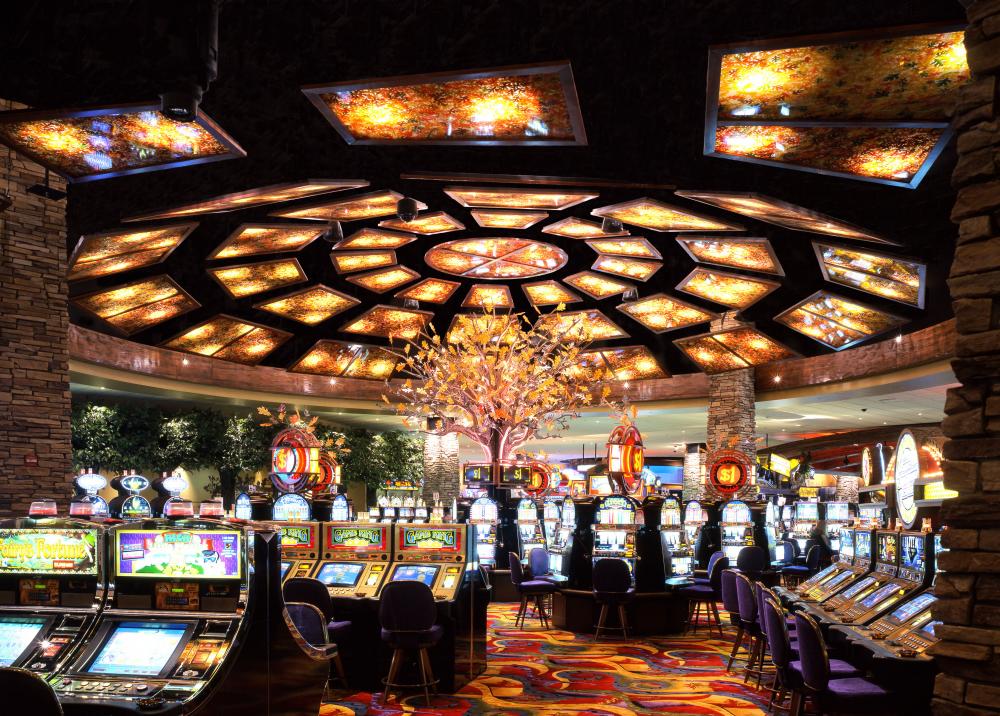Casino games have consistently attracted a diverse audience, providing not only the excitement of risk but also a unique experience tailored to different types of players. Including analytical thinkers who excel at calculation and skill to the casual players seeking entertainment, casinos recognize the subtleties of their audience and create games that accommodate these differing tastes.
In delving into the world of casino games, we find a rich tapestry of options that appeal to every kind of player. Poker tables with high stakes entice those who are competitive, while exciting slot machines draw in individuals in search of instant gratification. Whether it’s the lure of winning large or simply relishing the social atmosphere, casinos tailor their game offerings to ensure that everyone can find their niche where they feel comfortable and engaged. Recognizing how these games are designed for various player types can enhance not only our appreciation of them but also our approach to choosing which games to play.
Understanding Participant Categories
In the diverse world of gaming entertainment, players can be classified into distinct categories based on their motivations and choices. These participant categories range from the laid-back and social gamers, who enjoy the enjoyment value and interactive connections that gambling provides, to the more tactical and calculated players, who seek to boost their odds and gains. Grasping these different categories is essential for casinos to tailor their games and create immersive environments.
One common kind is the communal player, who sees casino games as a form of social interaction and fun rather than a high-stakes gambling activity. These participants often enjoy games that encourage engagement and togetherness, such as poker. Their attention is on the journey rather than the conclusion, so vibrant settings and collective moments are what they value the most.
On the other end of the scale, tactical players are motivated by competition and the quest of expertise. They tend to lean toward games that demand decision-making and strategy, such as blackjack, where their skills can influence the result. This kind often involves with the games on a deeper level, utilizing insight and strategies to achieve an edge. Comprehending these motivations allows casinos to design environments and game selections that suit to each participant’s unique choices.

Strategies for Game Design
Gambling games are designed with varied player types in mind, employing various strategies to attract and capture them. For recreational players, the focus is on simplicity and clarity. Games like slots are frequently visually appealing with straightforward mechanics. This enables players to enjoy the gameplay without a difficult learning curve, fostering an inviting atmosphere. The bright colors, catchy sounds, and thematic elements create a playful environment where players can quickly get immersed and entertained.
For strategic players who enjoy a more profound level of engagement, games such as poker and 21 offer depth and skill-based elements. These games incorporate strategy and tactical choices, attracting to players who excel on challenge and want to exercise their cognitive abilities. Ga179 The design of these games often includes complex rules and mechanics that test players to hone their skills and create strategies over time, resulting in a rewarding experience for those who enjoy mastering the game.
Additionally, community-oriented players are considered through games that emphasize interaction and community. This comprises live dealer games and multiplayer formats, which foster a sense of community among players. The design of these games typically includes communication tools and communal aspects, allowing players to connect and exchange insights. By building an environment where interaction is promoted, casinos can effectively engage social players, making the gaming experience more pleasurable and memorable.
Enhancing Participant Engagement
Betting games have evolved considerably to create a more entertaining experience for gamers. Application designers focus on high-quality images, immersive sound effects, and innovative game mechanics that draw gamers into the gaming environment. By utilizing digital advancements, such as VR and AR, gaming establishments ensure that gamers feel as if they are part of a thrilling atmosphere, enhancing not just the enjoyment of the games but also the complete enjoyment of being in a betting establishment.
Social interaction is another critical aspect in enhancing gamer engagement in betting options. Numerous options are designed to facilitate communication among participants, whether through multiplayer formats or social tools. This social aspect appeals to participants who appreciate connecting with other participants while engaging, promoting a feeling of community. In addition, community aspects can include ranking systems, competitions, and rewards for collaborative gaming, which engage ambitious participants and motivate them to come back for additional.
In conclusion, personalization plays a crucial role in tailoring the interaction for different gamer demographics. Betting companies and title creators study gamer activities and preferences to offer personalized gaming recommendations and incentives. By grasping the unique preferences of gamers, gaming establishments can provide customized deals, incentives, and new game releases that satisfy each individual, thus boosting their overall satisfaction and devotion to the gaming venue.